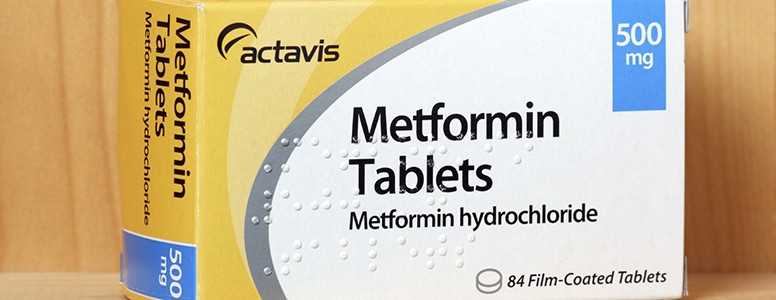Adults with type 2 diabetes could have improved HbA1c levels if treatment is intensified quickly after failure of metformin therapy, according to a new US study.
These participants who achieved HbA1c benefits were compared to patients who delayed treatment intensification after metformin did not work as a main therapy.
The US has a different approach to medication prescribing, but within the UK, NICE recommends a prescribing algorithm which takes into account blood glucose control (HbA1c) plus a number of other factors.
This new study was conducted by researchers at Cleveland Clinic, US, who wanted to examine patients with type 2 diabetes who struggle to achieve blood glucose benefits from metformin as a monotherapy.
A total of 5,239 patients were identified who had been diagnosed between 2005 and 2013, and did not reach their target HbA1c after at least three months of metformin treatment.
The researchers then analysed the time differences between patients who achieved their goal following early intensification of therapy (within six months of metformin failure).
They found that treatment was intensified early in 62 per cent of patients who didn’t meet an HbA1c goal of 7% (53 mmol/mol), 69 per cent of patients not achieving 7.5% (58.5 mmol/mol), and 72 per cent of patients not meeting a goal of 8% (63.9 mmol/mol).
Across all three categories, diabetes patients achieved their HbA1c goal faster following early intensification of therapy.
Study author Kevin M. Pantalone, DO, told Endocrine Today: “The results of our study demonstrate that a substantial number of patients with newly diagnosed type 2 diabetes fail to undergo intensification of therapy within six months of metformin monotherapy failure, a concerning finding given that the study also found that an early intervention (within six months) in patients who fail metformin monotherapy resulted in a more rapid attainment of HbA1C goals.”
Pantalone added that these findings should lead to changes in the evaluation of metformin treatment among type 2 diabetes patients.
“After patients are initiated on a regimen of metformin and lifestyle modificatio, we should be checking the HbA1c within three months and intensifying therapy in those who are still not at goal (generally an HbA1c
“What remains to be seen is if these early and aggressive interventions actually translate into improvements in clinical outcomes, not just an HbA1c goal attainment. This will be the topic of future research.”
The study appears online in the journal Diabetes Care.
What's new on the forum? ⭐️
Get our free newsletters
Stay up to date with the latest news, research and breakthroughs.






